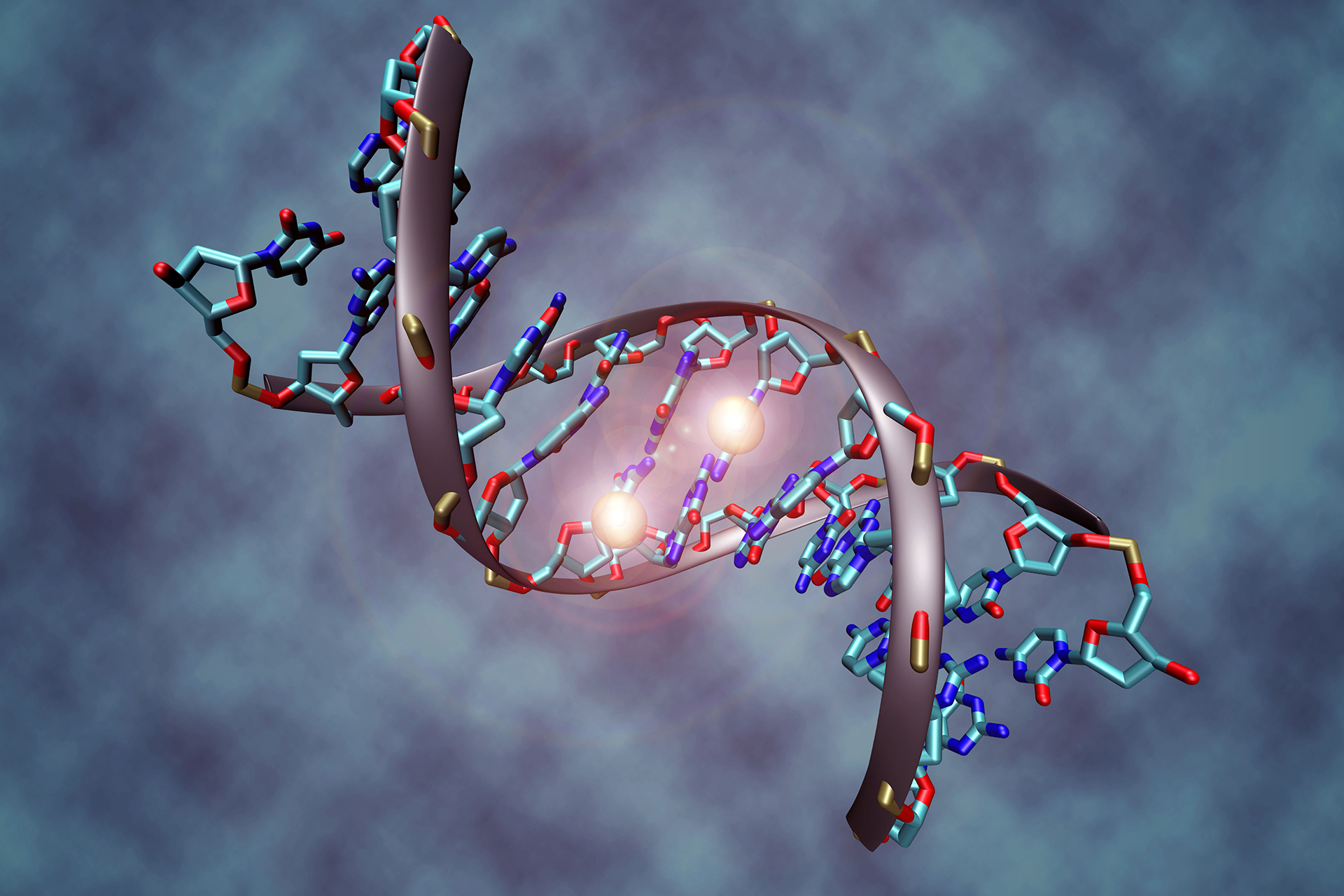The largest-ever study of cancer genomes, the Pan-Cancer Analysis of Whole Genomes project, has published a collection of 23 papers as the result of a ten-year collaboration.
Previous large-scale cancer studies have focused on exome sequencing – looking only at the two percent of the genome that is translated into protein.
'Decades of work has been focused on identifying the consequences of changes in the protein-coding part of the genome. Many cancers have no important mutations in the protein-coding part, but something is driving the cancer. By inference, we suspect the non-coding part is playing an important role in these unexplained cases' said Dr Joachim Weischenfeldt from the University of Copenhagen in Denmark, an author on one of the papers published in Nature.
Over 1300 scientists and doctors from 37 countries sequenced the whole genomes of both tumour and noncancerous cells from over 2600 patients, encompassing 38 cancer types, creating a huge dataset. Teams within the project were then able to use this data to study different aspects of tumour development, causation, progression and classification.
Several of the papers relate to the search for driver point mutations - these are tiny mutations that affect only one or very few letters of the DNA code - as well as code rearrangements.
On average, each cancer genome was found to carry four or five driver mutations, about 13 percent of which were found outside the exome. However, with the whole-genome sequencing approach, 95 percent of the cancer patients had at least one driver mutation identified, as opposed to 67 percent with exome sequencing alone. This could have a major impact on the ability to prescribe personalised medicine for cancer patients.
The study also discovered that cancers in different organs and tissues can be more similar than previously thought.
'We may have a type of breast cancer and prostate cancer where the driver mutations are similar,' said Dr Weischenfeldt. 'This means that the patient with prostate cancer may benefit from the same treatment as the one you would give the breast cancer patient.'
One of the working groups discovered that the mutations that drive some cancers can occur decades before diagnosis; as early as childhood.
'This shows that the window of opportunity for early intervention is much wider than we expected,' said Dr Peter Campbell from the Wellcome Sanger Institute, Cambridge.
'With the knowledge we have gained about the origins and evolution of tumours, we can develop new tools and therapies to detect cancer earlier, develop more targeted therapies and treat patients more successfully,' said Dr Lincoln Stein, from the Ontario Institute for Cancer Research, Canada.
Sources and References
-
Global genomics project unravels cancer’s complexity at unprecedented scale
-
Massive new genome study unlocks the mysterious secrets of how cancers form
-
Most comprehensive analysis of cancer genomes to date
-
Scientists identify new genetic drivers of cancer
-
Cancer's genetic secrets revealed through massive international study
-
Massive cancer genome study reveals how DNA errors drive tumor growth





Leave a Reply
You must be logged in to post a comment.